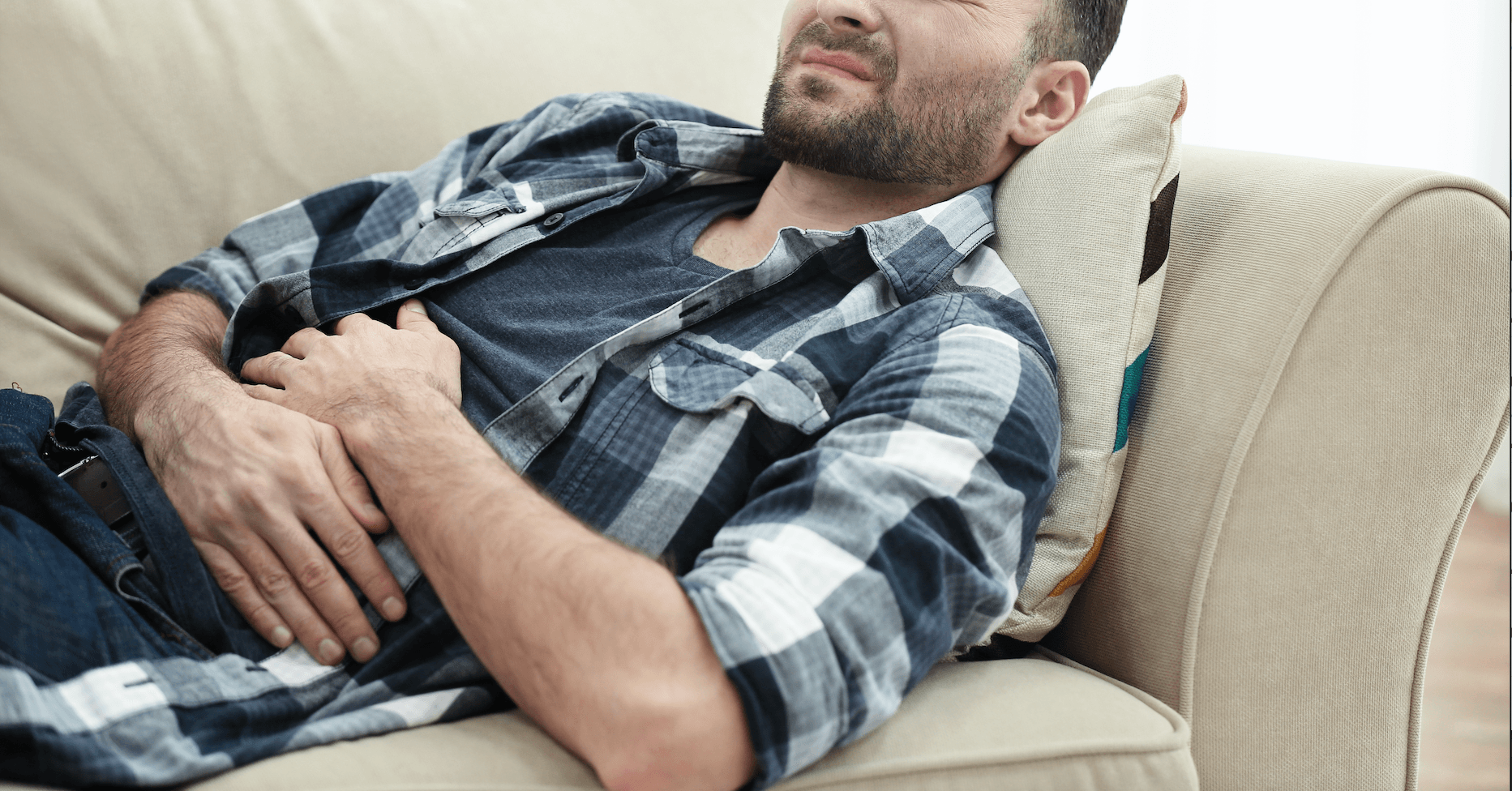
2024-07-12T16:54:51
Sunscreen Travel Tips
- Dermatology
September 19, 2019 | Family Medicine

Giardia, also known as giardiasis, is an infection of the small intestine that is caused by a microscopic parasite called Giardia intestinalis. This parasite lives in food, water and soil, but it can also be found on any surface (including the skin) that has been exposed to contaminated fecal matter.
Giardia requires medical treatment; otherwise, it can lead to potentially serious complications. Fortunately, you can reduce your risk of contracting this infection by practicing good hygiene and taking a few precautions.
People become infected with giardia when the tiny parasite finds its way into their mouth, according to the U.S. Centers for Disease Control and Prevention (CDC).
You can ingest the parasite by drinking or eating contaminated water or food. You can also ingest it through person-to-person contact or by touching infected fecal matter (or a surface contaminated with infected fecal matter) and then touching your face or mouth.
This parasitic infection affects the small intestine, typically causing a variety of gastric symptoms. Symptoms of a giardia infection can last for five days to as long as several months. Some of the most common giardia symptoms include:
In some cases, people may contract giardia but never develop symptoms. Additionally, symptoms may disappear for some patients, only to resurface again after several days or weeks. If left untreated, giardia can lead to malnutrition, weight loss or other potentially serious complications.
In children, especially, this illness can cause malnutrition and potentially interfere with physical growth and mental development.
You will need medical treatment if your doctor diagnoses you with giardia. Healthcare practitioners treat this and other parasitic infections with medication.
Some of the most common drugs used to treat giardia are:
Your family doctor will determine the correct approach to treatment based on your medical history, overall health and the strength of your immune system.
Some people face an increased risk of contracting giardia. These include people who travel abroad, work in nursing homes and childcare settings, and anyone who drinks untreated water, according to MedlinePlus. However, anyone can contract this parasitic infection.
To reduce your risk of giardia:
Finally, limit contact with surfaces that could be infected, such as changing tables, diaper pails, public bathroom door handles, etc. If you do come in contact with any potentially infected surface, avoid touching your face and wash your hands immediately.
If you suspect that you or a family member may have giardia or another type of parasite-related illness, contact your family medicine practitioner for evaluation.
Sources:
“Giardia Infections.” MedlinePlus.
https://medlineplus.gov/giardiainfections.html
“Giardia Infection.” MedlinePlus.
https://medlineplus.gov/ency/article/000288.htm
“Parasites – Giardia.” U.S. Centers for Disease Control and Prevention (CDC).

WRITTEN BY:
The Live Better Team


2024-07-12T16:54:51

2024-07-02T11:42:04

2024-07-01T13:49:28

2024-06-21T14:29:51
This information is not intended to replace the advice of a medical professional. You should always consult your doctor before making decisions about your health.